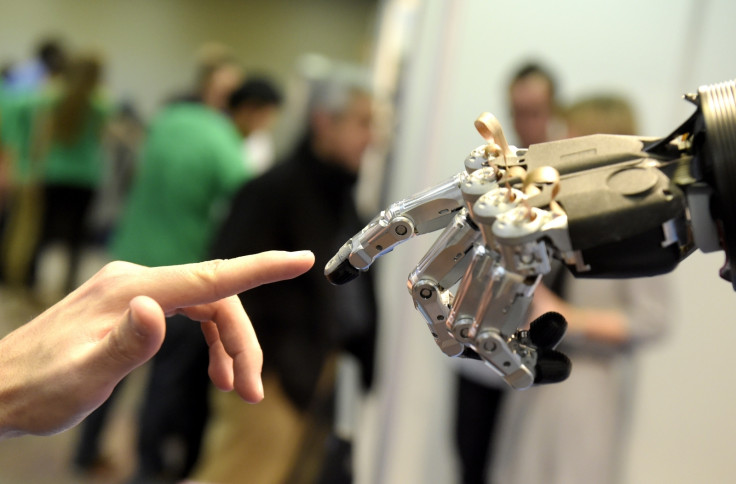Scientists create first ever 'human biological machines' or living robots
Known as Xenobots, these creatures can revolutionise regenerative medicine.
Scientists have made a ground-breaking invention, a new class of robots, known as "living robots." They claim it to be an entirely a new form of life that has been created with the help of living cells.
Known as Xenobots after African clawed frogs Xenopus Laevis, from which the scientists used stem cells to create these "human biological machines" that can be programmed. According to Independent UK, these tiny machines are less than millimeter, which comes to 0.04 inches. What makes these robots interesting is that these can "walk, swim, and survive for weeks without food." Apart from that, their tiny sizes make it easy to travel inside the human body. They can even heal themselves after being cut.
The research was conducted by the University of Vermont and Tufts University and together they describe it as "entirely new life-forms."
The researchers extracted living cells from frog embryos and repurposed them to create a biological machine that can be calibrated to work in groups. In the research paper, these robots are said to be capable of picking up payload like medicine that needs to be transferred to a specific region inside a human body.
"These are novel living machines. They're neither a traditional robot nor a known species of animal. It's a new class of artifact: a living, programmable organism," said Joshua Bongard a computer scientist and robotics expert at the University of Vermont, one of the leading authors of the research.
The creatures were designed with the help of supercomputers at the University of Vermont. For the follow-up procedures such as testing, they were brought to biologists at Tuft University.
For decades, humans have been trying to manipulate organisms for their own benefit. This research is a breakthrough in the field. The scientists insist that there can be several useful applications of these artificial living organisms.
"We can imagine many useful applications of these living robots that other machines can't do, like searching out nasty compounds or radioactive contamination, gathering microplastic in the oceans, traveling in arteries to scrape out plaque," says co-author Michael Levin who directs the Center for Regenerative and Developmental Biology at Tufts University.
The research claims it to be the first-ever "completely biological machines from the ground up." The researchers argue that these designs are nothing like traditional robots that are crafted using steel, plastic, and other materials that "degrade" over the period of time and can cause ecological and health hazards. As for xenobots, they are completely "biodegradable" and when they will simply convert into dead skin cells.

It is said that this research could greatly impact on "regenerative medicine (building body parts and inducing regeneration.)"
© Copyright IBTimes 2025. All rights reserved.





















